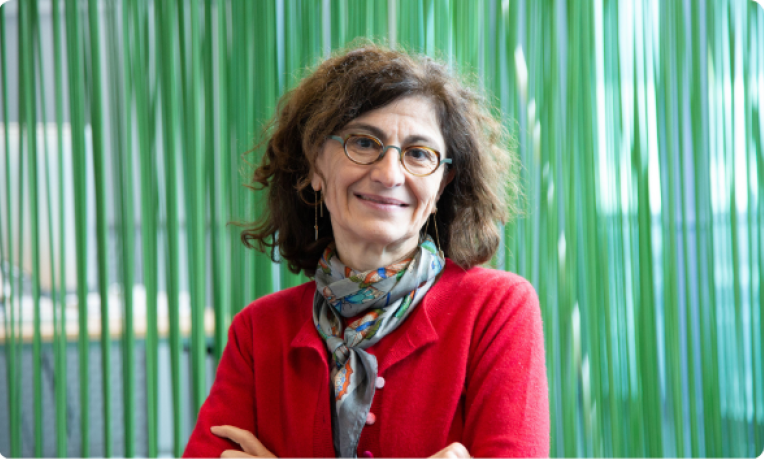
At the ERC, we believe that true scientific excellence can only thrive in an environment where inclusiveness is valued and actively pursued. Diversity of experience and perspective generates creativity, resilience, and ultimately, groundbreaking discoveries. Our mission is to ensure that the brightest minds, regardless of background, have equal opportunities to excel - and that no scientific potential is lost to adversity or exclusion.
We work to make this vision a reality by providing bottom-up funding open to all fields, operating a fair and transparent selection based solely on excellence, and introducing proactive measures that level the playing field for researchers at every stage.
Recently, the ERC has broadened the eligibility windows for Starting and Consolidator Grants to ensure that personal circumstances do not hinder promising scientific careers. Eligibility window extensions now explicitly accommodate parental leave for all parents, regardless of family structure (single or partnered), relationship to the child (biological or adoptive), gender identity (including transgender, non-binary, and others), or sexual orientation (including same-sex couples). The ERC grants an 18-month extension for each child born or adopted before or after a researcher’s PhD to those entitled to maternity leave, recognising the substantial career impact of childbearing and primary caregiving. For paternity and parental leave, there is no cap on extension: any formally documented period, regardless of gender, may be claimed.
Our mission is to ensure that the brightest minds, regardless of background, have equal opportunities to excel
In addition, researchers who have experienced significant career interruptions – whether due to disability, long-term illness, caring for family members, seeking asylum, major disasters, national service, or clinical training – are eligible to request extensions. Special provisions also apply for victims of gender-based or other forms of violence.
These measures are part of a broader, ongoing commitment, led by the ERC Gender and Diversity Working Group, to foster a research environment free from structural barriers. Since 2007, the ERC Gender Equality Plan has made gender awareness a core part of all ERC processes. We closely monitor gender balance among applicants and research teams and regularly review evaluation procedures to identify and address potential bias.
Training for all evaluation panel members equips them to recognise and address bias, while the ERC strives for gender balance within its peer reviewers and governing bodies. Recent data show that the success rates of female and male applicants are converging. This is clear evidence that focused, sustained action leads to real progress.
Yet, inclusiveness is more than policies or numbers: it is a deeply human pursuit. It calls on us - as leaders, mentors, and peers - to shape research cultures where every individual is respected, valued, and empowered to contribute fully. We must remain attentive to the rich intersection of identities - gender, ethnicity, disability, socio-economic background, age, and geography -that shape every researcher’s journey, and adapt our policies accordingly.
Inclusiveness is more than policies or numbers: it is a deeply human pursuit
These efforts align with the wider ambitions of the European Union, including the Gender Equality Competence Facility (GEF), which equips research organisations and public bodies across Europe with the tools and know-how to implement gender equality standards. Through technical assistance and training, the GEF is helping make inclusion a reality within research communities. The ERC actively supports these ambitions, ensuring our actions reflect and reinforce Europe’s shared values of equality and opportunity.
Achieving true inclusiveness requires ongoing effort, an open mind to change, and a willingness to challenge the status quo. The ERC seeks to foster not only policies but also a culture that values diversity as a source of strength and innovation. By supporting researchers from all backgrounds, we help ignite ideas that push science forward and create a more just and equitable society.
Geneviève Almouzni, member of the ERC Scientific Council and Chair of the Gender and Diversity Working Group





